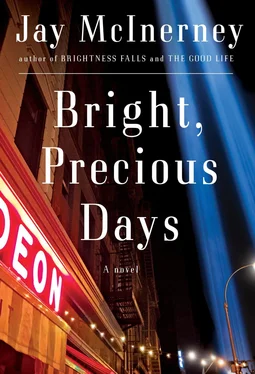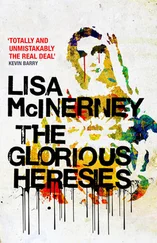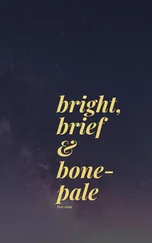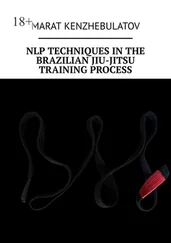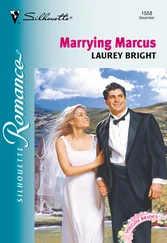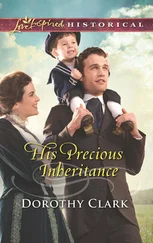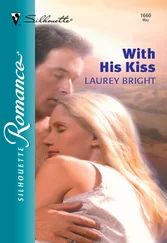—
Russell stayed at the beach throughout August, working mornings at the rickety wicker desk in the den overlooking the potato fields. For the first time in many years, he declined an invitation to play in the artists’ and writers’ softball game — an event that had its origins in a pickup game back in the fifties with the likes of de Kooning and Pollock and Franz Kline nursing their hangovers on a scrubby lawn in the unfashionable town of Springs; the game had later been infiltrated by art critics and other writers, eventually becoming an annual spectacle in which movie stars and politicians vied for spots in the lineup, the painters claiming the actors as fellow artists; the politicians usually played with the writers — an acknowledgment, as one novelist suggested, of their accomplishments in the field of fiction. By virtue of his occasional essays and book reviews, Russell had qualified as a writer and had played for years, and while the mode of the event was more comic than epic, he’d prided himself on his accomplishments on the field, dependable and, occasionally, distinguished. This year, he just didn’t have it in him.
After moving out to the beach, he found time for simpler pleasures — cooking for the family, seeking out the best tomatoes and corn and fresh fish; fishing, playing tennis and bodysurfing with Jeremy. He watched John Edwards admitting his extramarital affair on ABC; he watched hours of the summer Olympics with the kids. He liked to think he was comporting himself as a model father and husband, largely avoiding the big social events, the benefits under the big white tents, the clambakes on the beach and the movie premieres in Southampton and East Hampton. He told Corrine he was sick of all that, that he wanted to cherish, with her and the kids, these final days in this house where they’d spent their summers for twenty years. Corrine was too smart to buy it but too loving to call him on it, except once. They were curled up together in bed on a night when they’d skipped a party he’d enjoyed for years. “It’s been so nice,” she said, “these past few weeks, I could happily skip the next hundred cocktail parties, but I know it’s like a punishment for you. I’ve waited for years for you to get a little weary of the endless social treadmill, but I hate to see you crawl away and hide like a criminal.”
“I have gotten a little weary of it,” he said. “Suddenly the whole thing seems empty and exhausting. August in the Hamptons — it’s not relaxing; it’s work. It’s like climbing Everest.”
“It’s been like that for a long time, but you never complained before.”
“We all have our tipping point.”
“Have you given any more thought to whether we’re going to have the party?”
Russell had previously had the excuse that they might be thrown out of the house on a week’s notice, but now their residency was secured through Labor Day. “It’s a lot of work,” he muttered.
“Come on, Russell, it’s only three weeks till Labor Day. I can’t believe I’m having to talk you into this party, but people have been calling to ask me about it. You’ve created a tradition.”
“Corrine’s right, actually,” Washington said the next night as they stood amid the throng at the bar of the American Hotel in Sag Harbor. They’d just finished two sets of tennis at the public courts down the road and Washington had insisted on buying the loser a gin and tonic. “You’ve kept your head down for a while now, but it’s time to get back out there. Not having the party’s like some admission of guilt. I mean, how many books have you published in your career? Two hundred? Three? You made a bad call, and it’s too bad, Crash, but you’ve got to get back on the goddamn horse. You’ve done your time in the wilderness and we’re all ready to forgive, forget and party on.”
“There’s also a question of funds. Kohout wasn’t just a PR disaster. I lost more than half a million bucks.”
“How much do you need? For the party, I mean.”
“I can’t take your money.”
“Call it a loan, then. I need this fucking party.”
—
That same night, Steve Goldberg, the coach of the writers’ softball team, called to appeal to him to play the next day. An old friend or at least acquaintance of Russell’s, Steve was a sportswriter for the Times. “We need you out there, Russell. The fucking artists have a couple of ringers this year; they’ve got this guy Junior Gonzales who played in the minors for the Yankee organization. Apparently, he made a ceramic frog in sixth grade and that qualifies him as an artist.”
“I’d love to, but I’ve got a lunch,” Russell said.
“What fucking lunch? This is the game, Russell. Lunch happens every day. The writers need your help.” It was supposed to be a fun, even frivolous, event, a fund-raiser for local charities, but Steve took it very seriously.
In the end, Russell allowed himself to be bullied into it. Applying Washington’s rationale for the party, he told himself this was as good a way as any of showing that he wasn’t down-and-out; the game was virtually the only public event of the season out here, most functions taking place behind tall hedges, at the end of gated driveways manned by security guards with guest lists on clipboards.
“I’m glad you’re playing,” Corrine said. “I’ll be over after I drop the kids off at the Toomeys’.”
By the time the first ball was thrown out by an Iraq vet with prosthetic legs, some five hundred spectators had gathered along the first and third baselines. Color commentary was provided by Tim Watkins, the NBC correspondent, who introduced Russell as “editor extraordinaire and Most Valuable Player in 2004.”
He started as catcher and hit a hard grounder for a single in the second inning. Corrine arrived as he was donning his mask for the third inning. Three plays later, with the bases loaded, Tom Jarrow, the artist, whacked a high fly into center field. Russell ripped off his mask and took a wide stance over home plate. The runners held their bases until the center fielder made the catch and threw the ball to the second baseman, who spun and threw it to Russell as the runner on third charged in. It wasn’t a great throw and Russell had to reach high for it as he kept his foot on the plate. Though he was confident the ball was within reach, it somehow tipped the top edge of his glove and bounced off, hitting the backstop as the runner scored home. Russell couldn’t believe he’d blown the catch, and the shock of it paralyzed him even as he registered the runner from second base approaching at full speed; he felt as if he were swimming through mud as he launched himself toward the backstop and finally snatched the ball just as the second guy sailed over home plate for another run.
The hubbub from the artists’ side of the field underscored the terrible silence on his own side. No one said a word as Russell threw the ball back to the pitcher.
The writers were stoic as the next batter drove in the last man on base, giving the artists a two-run lead. When the inning finally ended with the next batter popping up, Russell had no choice but to remove his catcher’s mask and join his teammates on the third baseline, standing among them like an invisible man, a pariah, as they encouraged one another with formulaic exhortations. But after four innings of steady hits, his side went down in quick succession — three batters and three outs — as if his error had disheartened and deflated them.
“I’m putting Riley in as catcher,” Steve told him as the writers took the field. Benched for the rest of the game and thus denied an opportunity for redemption, Russell felt himself excluded from the camaraderie of the dugout, the backslaps and the high fives. He found himself wishing the artists would widen their lead beyond two runs, the margin of his error, but in the end that’s what the writers lost by, and while no one expressed the sentiment, he knew they all thought he’d lost the game.
Читать дальше
